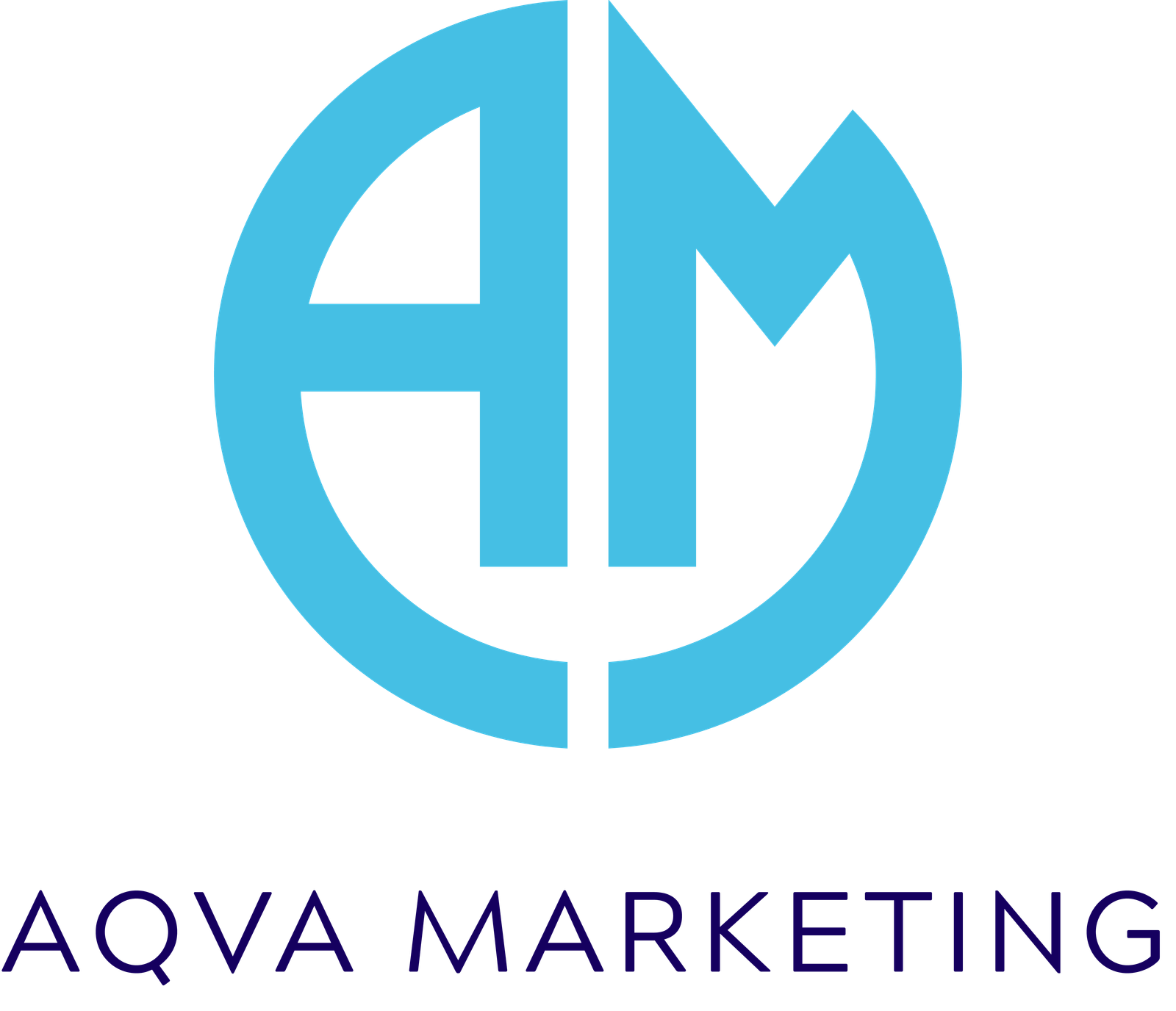
Google’s E-E-A-T, Expertise, Experience, Authority, and Trust, is now the backbone of SEO. For years, websites could get away with thin, keyword-stuffed articles. It’s no longer about cramming in keywords or writing generic posts just to fill pages. Google has become smarter. It rewards content that feels real, written by people who actually know what they’re talking about. At Aqva Marketing, we see this shift every day, and we know businesses that embrace E-E-A-T will thrive while others fade into the background.
Let’s break down what E-E-A-T really means and why it matters for every business.
What is Google’s E-E-A-T?
E-E-A-T stands for:
Expertise
Do you demonstrate deep knowledge of your subject?
Experience
Have you personally used, tested, or lived what you’re talking about?
Authority
Do other experts or publications reference your work?
Trust
Do readers feel confident in your information and your brand?
This framework comes directly from Google’s Search Quality Rater Guidelines. Google uses it as a compass to decide which content deserves visibility.
Why Did Google Introduce E-E-A-T?
Because people got tired of shallow, clickbait-style content. Remember when you’d search “best SEO strategies” and land on a 400-word article with vague tips? No depth, no examples, nothing useful.
That doesn’t cut it anymore. Today, if you’re looking up digital marketing advice, you want actionable strategies, real-world examples, and stories from people who’ve done the work. Google knows this, and E-E-A-T ensures that’s exactly what shows up at the top.
Expertise: When Knowledge Speaks for Itself
Expertise is about depth. It’s not enough to say “SEO improves rankings.” Anyone can write that. The real question is how?
At Aqva Marketing, we explain SEO with proof. Like how we helped a retail client double organic traffic in six months by refining their local SEO. We talk about the process, the data, and the results. That’s expertise in action.
📌 Here’s the catch: Expertise can’t be faked. If you’ve been in the trenches, it shows in your writing. If not, Google and readers will spot it instantly.
Experience: Show, Don’t Just Tell
Experience is where content gets personal. Google wants to see whether you’ve walked the path you’re describing.
Take product reviews. A faceless article listing features won’t rank anymore. But a review that shares, “I tested this tool for 30 days, here’s what worked, here’s what didn’t”, that’s valuable.
In digital marketing, experience is about sharing client wins, experiments, and even failures. For instance, at Aqva Marketing, when we run ad campaigns, we don’t just write about “Facebook Ads strategies.” We share stories like how an e-commerce client reduced cost-per-click by 42% after we restructured their ad sets. That’s lived experience.
Authority: When Others Back You Up
Authority is earned when others recognize you as a credible voice. It’s why backlinks from trusted sites matter so much.
Think of it this way: if industry leaders, journalists, or bloggers cite your content, it signals to Google that your work is worth attention. Authority builds over time, but consistent thought leadership through blogs, webinars, podcasts, or PR accelerates it.
💡 Example: HubSpot didn’t become a marketing authority overnight. They built it by publishing consistent, high-quality, referenced content for over a decade.
Trust: The Final and Most Crucial Layer
Trust ties it all together. Without trust, expertise and authority crumble.
Google looks for clear signals of trust:
- A secure website (HTTPS).
- Author bios that show who’s behind the words.
- Proper references and citations.
- Positive reviews across platforms.
But trust isn’t just technical. It’s emotional. Readers know when content is written with a genuine intent to help, not just rank. At Aqva Marketing, we believe every piece of content should answer a real question, solve a real problem, or inspire real action. That’s how trust is built.
How to Apply E-E-A-T in Your Strategy

Here’s where most businesses slip: they understand the theory but don’t apply it. So here’s a roadmap:
1. Invest in Authoritative Blogs
Write long-form, insightful articles with statistics, expert quotes, and case studies.
2. Add a Human Voice
Show your own experiences, even mistakes, to connect with readers.
3. Earn Backlinks
Contribute to industry sites, build collaborations, and get recognized.
4. Strengthen Trust Signals
From HTTPS to author profiles, let users know you’re real.
5. Focus on Quality Over Quantity
One powerful blog with depth beats ten thin ones.
Real-World Example of E-E-A-T Success
A healthcare client approached us frustrated. They had plenty of blogs but little traffic. Their content was generic, anonymous, and lacked references.
We revamped their strategy:
- Added author bios with medical qualifications.
- Backed claims with peer-reviewed journals.
- Shared patient case studies (with consent).
- Improved site transparency and user experience.
In five months, traffic grew by 68%. Their articles started ranking in the top 5. That’s the power of E-E-A-T applied correctly.
The Future Belongs to E-E-A-T
SEO is no longer about tricking algorithms. It’s about building credibility. Google’s E-E-A-T rewards brands that combine knowledge, lived experience, recognition, and trust.
And here’s the truth: businesses that ignore it will fall behind. But those that embrace it will not only rank higher, but they’ll also earn loyalty, authority, and a reputation that lasts.
At Aqva Marketing, we don’t just optimize content. We build trust. And in today’s digital world, trust is the ultimate SEO currency.
